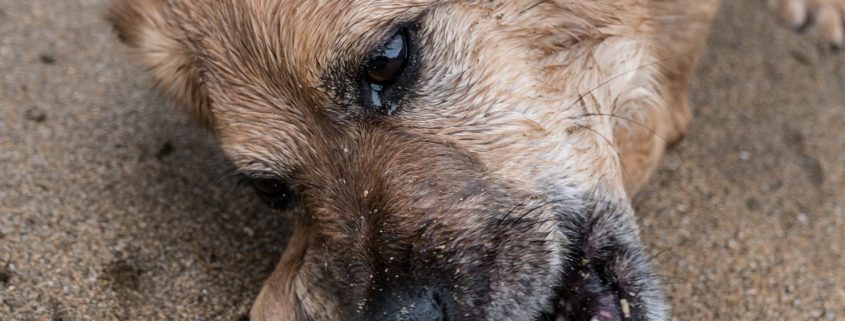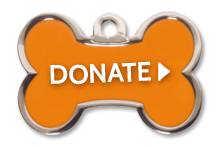Ask Crystal: Cute Hurts
Welcome to “Ask Crystal,” where you can ask your pet behavior questions! You can submit your question for Crystal at the bottom of the page!
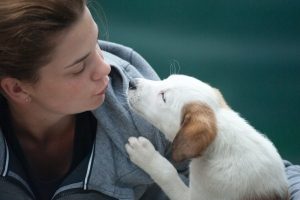
Dear Crystal,
My puppy of 9 weeks old bites our shoes and socks, and his teeth are very sharp. We love him so much but his behavior of biting is worrying. Is this normal?
Sincerely,
Bitey Baby
Dear Bitey,
Ah the joys of puppyhood. I think adopting a puppy is a little like childbirth in that people conveniently forget how hard it is. Luckily, those little guys are super cute and sweet so we find a way to deal with it.
We call the biting that puppies perform mouthing to distinguish it from biting which is based in aggression. Aggressive biting is when the dog bites in response to something that is being done to him that makes him feel frightened or threatened. Mouthing is usually a puppy trying to engage in play or get attention. It sounds like if your pup is trying to grab your feet he is just trying to play.
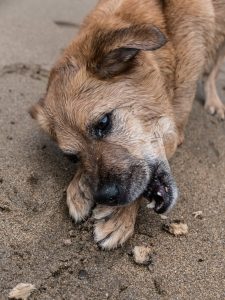 Puppies mouth because they are genetically programmed to. In the wild, dogs have to learn how to kill and chew up prey so they need to practice a lot to get those skills down. They also explore their world through their mouths just like human babies.
Puppies mouth because they are genetically programmed to. In the wild, dogs have to learn how to kill and chew up prey so they need to practice a lot to get those skills down. They also explore their world through their mouths just like human babies.
Their deciduous teeth are even so sharp for a good reason. They encourage the mother dog to wean the pups when they get those teeth in and they help the pups rip up the meat she brings them that their jaws are not strong enough to tear up. They also help the pups learn bite pressure when they play with their mom and siblings so they learn not to bite too hard.
Unfortunately, most pups are not able to stay with mom and siblings long enough to learn the lesson of how hard to bite. Usually, when the pup bites too hard, the play stops which teaches the puppy that bite was too hard and next time bite softer. Human skin is much more sensitive than dog skin so we also have to teach the pup that they can’t bite our skin that hard.
The process of teaching a dog to control the strength of their bite is called bite inhibition. This means that if as an adult dog he bites someone, he should bite with less damage. Obviously, we don’t want our dogs to ever bite us but sometimes it happens even with the best dogs if they are injured or in pain and teaching bite inhibition now can prevent that bite from doing serious damage.
Unfortunately, that does mean that at this stage of his training, you will need to allow him to mouth you at times. I wouldn’t encourage the behavior but if you are playing and he mouths you and it doesn’t hurt allow that for now and keep playing. If he mouths you and it hurts, loudly yell “ouch” and end the play session by getting up and leaving for 30 seconds or so. It helps if you have a barrier like a puppy pen or a baby gate or can close a door to keep the puppy from following you. Over time, allow less and less pressure before you say “ouch” and leave. Around 5 months or so, we usually can stop allowing any type of mouthing on our skin.
If the puppy does not get the message from you walking away, he may need a short time out in a puppy pen or puppy proof room. We want to avoid getting angry, keep your tone neutral when you put him in time out. It is punishment in that we are removing ourselves from the puppy but it is also just about giving him time to calm down.
It is important to remind your family not to purposely play with his mouth with your hands and not to encourage biting on skin. We do that by redirecting the play onto toys. Always have a toy ready that you can waggle around and get him to engage with. I suggest having toys all over the house that are out of reach of the puppy and keeping toys in your pocket.
When you are walking and he goes after your feet, stop moving and grab a toy from your pocket and try to engage him in playing with that. A homemade tug toy made very long can be used as a latch line to drag around as you walk around the house to encourage the puppy to play with instead of feet. You can have the kids carry these around as they walk around or put them in various places to grab.
If you can train your puppy to do a few different behaviors, you can redirect him into a sit or another behavior when it looks like he is about to become mouthy. If we can engage him in some other activity, we may be able to distract him from mouthing. If he is mouthing to get attention it teaches him a polite way to get your attention and interact with him.
You can also teach your puppy “off” which means to back off for a few seconds. Sit in a chair with your arm on your leg. Offer your pup a treat and say “take it”. Then close more treats in your hand. Say “off” in a friendly tone of voice. The puppy will try to mouth your hand. Just sit there and let him mouth your hand without saying anything and keeping the food in your hand. Eventually he will give up for a few moments. When he takes his mouth off of your hand for a few seconds say “yes” and then “take it” and feed him a treat from the other hand. He should pretty quickly learn that “off” means to leave you alone for a few seconds and you will give him a treat.
Eventually, you should be able to tell your puppy “off” before he starts mouthing you. Be sure that you aren’t just telling him “off” without engaging him in an appropriate way. Your puppy wants to engage and play with you.
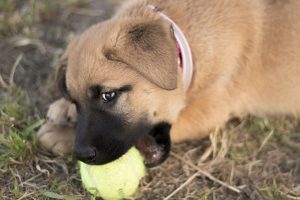 It is important that we never grab the puppy’s mouth to hold it shut. If you grab your puppy in this manner, he could become afraid of you or be afraid of hands moving towards his face. This could cause him to become aggressive if people try to handle his face.
It is important that we never grab the puppy’s mouth to hold it shut. If you grab your puppy in this manner, he could become afraid of you or be afraid of hands moving towards his face. This could cause him to become aggressive if people try to handle his face.
We want to be sure the puppy is getting enough exercise but also remember that they need periods of rest. Some puppies will get mouthy when they are tired or over stimulated, just like children do. It is important to enforce naps times with puppies too just like with kids so that we avoid that overstimulation and teach them that they need to rest too not just go-go-go.
Just remember that it is a gradual process to teach a puppy bite inhibition. This behavior is not going to go away overnight. It will likely get better and better over a period of months. One of the reasons for this is that this is an important and natural behavior. We cannot make it go away quickly. Keep it positive and be patient and you will get there!
Until next time,
Crystal

